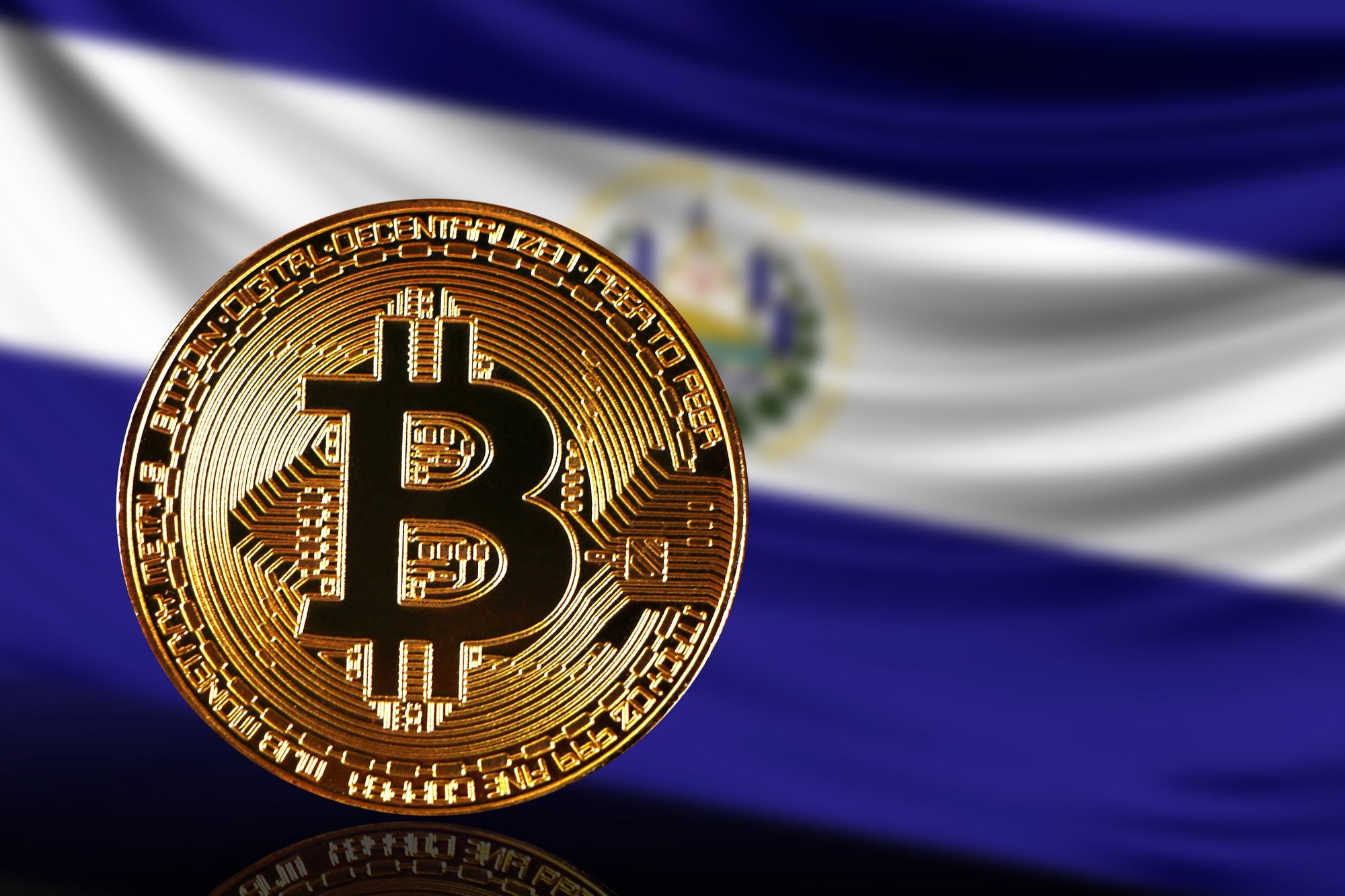Bitcoin Still on El Salvador’s Agenda Despite $1.4B IMF Agreement
17.06.2025 11:00 1 min. read Alexander Stefanov
El Salvador is still buying Bitcoin in spite of a $1.4 billion International Monetary Fund package that was meant to curb further government accumulation.
According to the country’s Bitcoin Office, the treasury wallet now holds 6,209 BTC—about 240 coins more than when the IMF deal was announced in December 2024.
That loan agreement required President Nayib Bukele’s administration to halt public Bitcoin purchases and revoke the cryptocurrency’s legal-tender status. Yet Bukele’s “one-BTC-per-day” program, launched back in 2022, has quietly carried on.
IMF officials insist El Salvador is still within the letter of the deal. Rodrigo Valdes, who heads the Fund’s Western Hemisphere department, told reporters the nation remains in “technical compliance” because the purchases aren’t being booked directly by the fiscal sector.
Analysts say that wiggle room likely owes to how the assets are classified or which government entities actually execute the trades. That flexibility lets Bukele keep burnishing his pro-Bitcoin credentials while still tapping much-needed IMF liquidity.
-
1
Will Musk Double Down on Bitcoin as U.S. Debt Soars?
04.06.2025 12:00 2 min. read -
2
Bitcoin Rally Linked to Global Bond Market Stress, Says Analyst
27.05.2025 15:00 1 min. read -
3
Crypto Trader Faces $100 Million Loss on Bitcoin Bet
30.05.2025 22:00 2 min. read -
4
Chinese Think Tank Calls Bitcoin a Strategic Reserve Asset
31.05.2025 14:00 1 min. read -
5
Bitcoin Rally Cools After Hitting $111K, Analysts Eye $95K as Key Support
28.05.2025 14:00 1 min. read
Here is What to Expect From Bitcoin by End of 2025
Bitcoin appears to be regaining its footing after a turbulent week, with trading sentiment suggesting the world’s largest cryptocurrency could hit unprecedented levels by the close of 2025.
Bitcoin Power Struggle: Strategy and BlackRock Now Control Over 1.3 Million BTC
A fierce contest is unfolding between two financial heavyweights—Strategy (formerly MicroStrategy) and BlackRock—as they battle for dominance over institutional Bitcoin holdings.
Bank of America Compares Bitcoin to History’s Most Disruptive Inventions
Bitcoin belongs in the same league as the printing press and the Model T, according to a new research note from Bank of America.
Metaplanet Surpasses Coinbase with 10,000 Bitcoin in Treasury
Metaplanet has become the world’s seventh-largest corporate owner of Bitcoin after adding another 1,112 coins to its treasury on Monday.
-
1
Will Musk Double Down on Bitcoin as U.S. Debt Soars?
04.06.2025 12:00 2 min. read -
2
Bitcoin Rally Linked to Global Bond Market Stress, Says Analyst
27.05.2025 15:00 1 min. read -
3
Crypto Trader Faces $100 Million Loss on Bitcoin Bet
30.05.2025 22:00 2 min. read -
4
Chinese Think Tank Calls Bitcoin a Strategic Reserve Asset
31.05.2025 14:00 1 min. read -
5
Bitcoin Rally Cools After Hitting $111K, Analysts Eye $95K as Key Support
28.05.2025 14:00 1 min. read


